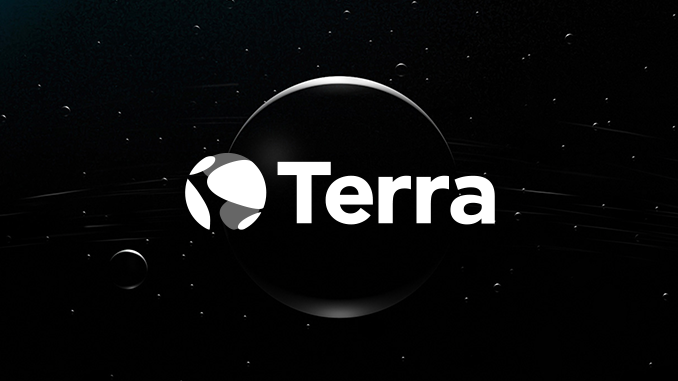
In Terra Luna Classic (LUNC), the staking service Allnodes is facing criticism that it is endangering decentralization through its market power. The fundamental discussion on this goes beyond Terra.
The collapse of the Terra ecosystem in May 2022 with at least 40 billion US dollars in damages is unforgotten and has produced Terra Luna Classic (LUNC), an altcoin that is currently under special observation. This is because a situation has arisen with Terra Luna Classic in which the decentralized setup seems to be at risk. To this end, it is important to know that Terra Luna Classic relies on self-governance and that already one third of the voting rights represented by LUNC are sufficient to take far-reaching control. And it is exactly this detail that has been hotly debated in the community in recent weeks, as the staking service Allnodes has moved closer to such power. If Allnodes wanted to, it could stop LUNC’s blockchain, give itself an advantage, and even cause the next crash at Terra – or so the fears go.
The fact is, when Terra Luna Classic began its reboot from May 2022, most major staking services dropped out. Allnodes, however, remained loyal to LUNC (formerly LUNA) and thus found more and more customers depositing their assets for staking. This, in theory, also links to the opportunity for Allnodes to exercise voting rights for LUNC parked for staking. CEO Konstantin Boyko-Romanovsky affirmed that his company would not do such a thing, because then the business model would be dead. But skepticism persists and Glassnodes has therefore started to present its theoretical voting shares in various crypto ecosystems on a website on a daily basis. Currently, 28 to 29 percent are listed for Terra Luna Classic, but this information cannot be independently verified.
Via Twitter, Glassnodes also assures to work on reducing the voting rights at LUNC, which are considered dangerously strong. One step was the increase of the fees for the staking of LUNC – critics had demanded not to accept any new customers at all. But with Terra Luna Classic’s market capitalization of around $1 billion and a corresponding demand for LUNC staking, Glassnodes apparently went too far. So calls continue to circulate in the community to look for alternatives to Allnodes.
But even for those who are not invested in Terra Luna Classic at all, the question of voting rights and how to exercise them is critical. That’s because, like LUNC, many other cryptocurrencies are affected by large shares of the staking business clumping up with individual providers. Crypto exchanges such as Binance, Coinbase, and Kraken do staking on behalf of their clients and thus also theoretically have the ability to exercise voting rights. Many investors are not even aware of this, critics complain.
Conclusion: Terra Luna Classic as a prime example of decentralization issues
The principle of decentralization is anchored in Bitcoin and Co. because the concepts of cryptocurrencies want to minimize the influence of individuals and networks should function independently of individuals. In practice, however, investors like to rely on service providers for staking, for example, and thus contribute to trends that further strengthen large market players. Here, the crypto industry is in demand for solutions that can transparently ensure that excessive influence of individual market participants can be excluded and, for example, that staking can be separated from voting rights. For the time being, Terra Luna Classic will have to live with the fact that LUNC is dangerously closely linked to glass nodes.

Leave a Reply